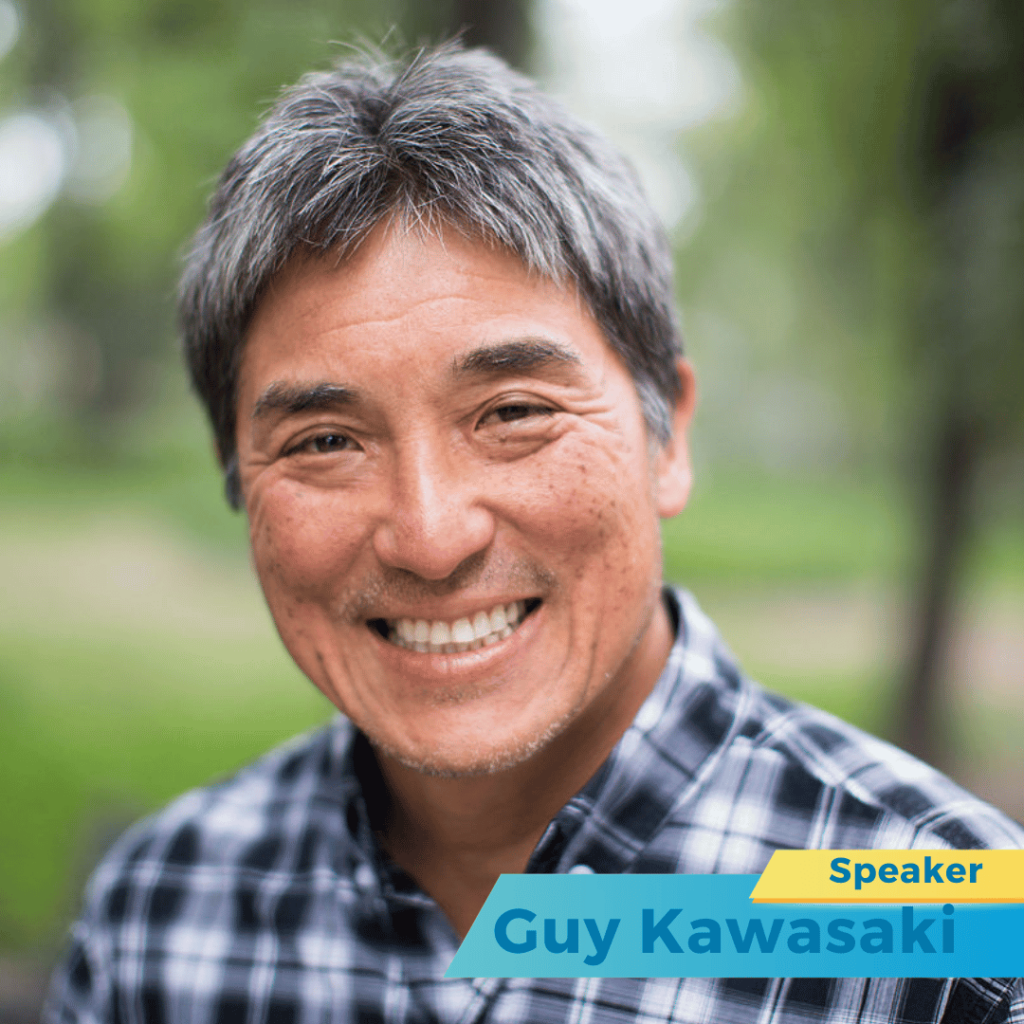SpeakersU » Uncategorized » Question Time with Maria Franzoni and James Taylor – #146
Orchestrating an Influential Event with Singapore’s Premier Keynote Speakers
Are you planning an event in Singapore, Asia’s nexus of business and innovation, and looking to engage keynote speakers who are at the forefront of their fields? This guide will walk you through securing Singapore’s most sought-after keynote speakers, provide you with insights for event planning, highlight attractions for attendees, detail the city’s prime venues, and explain the booking process via SpeakersU.com. Embark on the path to an event that will captivate and inspire in the Garden City.
Singapore’s Keynote Speaker Circuit
Singapore, with its reputation as a financial hub and a hotbed for innovation, boasts a diverse roster of keynote speakers renowned for their insights in technology, finance, sustainability, and more. These thought leaders and industry shapers are well-equipped to deliver compelling narratives and actionable insights suitable for a wide array of professional and corporate events.
When planning your event in Singapore, consider:
Delegates can enjoy Singapore’s vibrant attractions:
Selecting an outstanding venue is key:
Recognized as a top keynote speaker, James Taylor is the embodiment of innovation and creativity. As the CEO of Taylor Creative Labs, he has been instrumental in steering both individuals and corporations towards achieving their peak potential. Over the years, he has consulted for Fortune 500 companies, sharing insights on creativity, leadership, and business transformation. With a presence in over 50 countries, Taylor’s influence is truly global. His bestselling books have been translated into numerous languages, solidifying his position as a thought leader.
Keynote Topics:
Speaking Programs: Tailored to individual business needs.
Estimated Keynote Fee Range: $10,000 – $30,000 USD

Top Keynote Speaker Guy Kawasaki is celebrated for his profound insights into entrepreneurship and innovation. Formerly the Chief Evangelist at Apple, he played a pivotal role in marketing the Macintosh computer. Kawasaki’s vast experience in the tech world has made him a sought-after figure at global conferences. His bestselling books on startups and innovation are a testament to his deep knowledge and influence in the tech and business sectors.
Keynote Topics:
Speaking Programs: Tailored presentations for various industries and audiences.
Estimated Keynote Fee Range: $15,000 – $40,000 USD
Top Keynote Speaker Duncan Wardle is renowned for his expertise in creativity and innovation. His tenure as the former Head of Innovation & Creativity at Disney saw him shaping the company’s creative strategy. Wardle’s workshops and talks are centered around fostering a culture of innovation, making him a favorite among global audiences eager to unlock their creative potential.
Keynote Topics:
Speaking Programs: Workshops and seminars on innovation and creative problem-solving.
Estimated Keynote Fee Range: $12,000 – $35,000 USD
Top Keynote Speaker Erica Dhawan stands out for her deep understanding of collaboration and digital teamwork. A leading expert on connectional intelligence, Dhawan has revolutionized how businesses approach team dynamics in today’s digital age. Her talks and bestselling book emphasize the transformative power of connectivity in driving innovation.
Keynote Topics:
Speaking Programs: Collaboration and innovation training for teams.
Estimated Keynote Fee Range: $10,000 – $25,000 USD
Recognized as a Top Keynote Speaker, Stephen Shapiro brings his vast expertise on innovation and business growth to the stage. With a rich background in corporate innovation, Shapiro’s strategies and insights have been invaluable to businesses worldwide. His talks and books delve deep into the art of problem-solving and the essence of innovation.
Keynote Topics:
Speaking Programs: Innovation strategy workshops and coaching.
Estimated Keynote Fee Range: $12,000 – $30,000 USD
Dr. Peter Diamandis, a Top Keynote Speaker, is a visionary known for his pioneering work in space exploration and technology. As the founder of the XPRIZE Foundation, he has championed groundbreaking innovations. Diamandis’ talks inspire audiences to embrace the future, and his bestselling books have set the tone for discussions on the future of technology and space exploration.
Keynote Topics:
Speaking Programs: Futurism and innovation consulting.
Estimated Keynote Fee Range: $20,000 – $50,000 USD
Top Keynote Speaker Lisa Bodell is celebrated for her insights into change management and innovation. As the CEO of futurethink, she has been a guiding force for organizations looking to embrace change. Bodell’s workshops and book focus on simplifying work processes, making her a beacon for businesses aiming for transformation.
Keynote Topics:
Speaking Programs: Innovation workshops and culture transformation.
Estimated Keynote Fee Range: $15,000 – $35,000 USD
Shining as a Top Keynote Speaker, Kaihan Krippendorff is known for his strategic insights on innovation. With a rich background in business strategy, Krippendorff’s methodologies on strategic innovation have been adopted by industry leaders. His talks emphasize outthinking the competition, making him a go-to voice in business strategy.
Keynote Topics:
Speaking Programs: Strategy and innovation consulting.
Estimated Keynote Fee Range: $12,000 – $30,000 USD
Top Keynote Speaker Marc Randolph is best known as the co-founder of Netflix. His entrepreneurial journey offers invaluable insights into the startup world. Randolph’s talks and book provide a comprehensive look into the challenges and triumphs of building a global brand, making him an inspiration for budding entrepreneurs.
Keynote Topics:
Speaking Programs: Startup and innovation workshops.
Estimated Keynote Fee Range: $25,000 – $60,000 USD
Top Keynote Speaker Josh Linkner brings to the fore his expertise on creativity and innovation. With a diverse background as a tech entrepreneur and jazz musician, Linkner offers a fresh perspective on business. His talks and bestselling books emphasize the power of creativity, making him a standout figure in the business world.
Keynote Topics:
Speaking Programs: Creativity and innovation training.
Estimated Keynote Fee Range: $10,000 – $25,000 USD
SpeakersU.com is your platform to discover and book the finest keynote speakers in Singapore. It offers a curated list of speakers, each bringing their distinctive expertise and engaging presentation styles to ensure your event’s message is powerfully conveyed.
1. What type of expertise can I expect from top keynote speakers in Singapore?
Top speakers come with a diverse array of expertise, including motivational speaking, leadership, personal development, customer experience, innovation, digital marketing, and more. They are known for their engaging style and practical insights that drive business growth and personal development.
2. How can hiring a keynote speaker benefit my organization?
Hiring a keynote speaker can bring several benefits, such as access to the latest research and insights, valuable training and development for employees, and the creation of a positive organizational culture. This can lead to improved productivity, increased employee satisfaction and retention, and stronger customer relationships.
3. Who are some of the top keynote speakers in Singapore?
Notable names include Alex Png, Jochen Wirtz, Victor Mills, James Leong, Kenneth Kwan, David Lim, Junie Foo, Sabrina Ho, Grant Bosnick, and Michelle Loke. They are recognized for their contributions in various fields and are sought after for their ability to inspire and educate audiences.

Coach

Executive Coach

Coach
Belfast, Norther Ireland